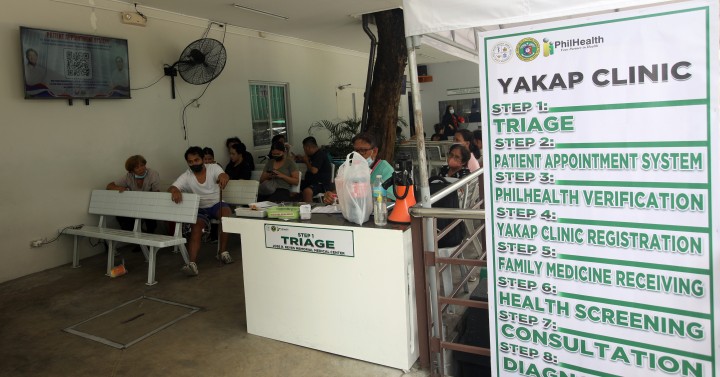Sen. Garin Questions DOH's Readiness as Leptospirosis Cases Surge in the Philippines

The Philippines is facing a concerning rise in leptospirosis cases, prompting Senator Janette Garin to call for accountability from the Department of Health (DOH). In a recent statement, Garin, representing Iloilo's 1st District, expressed serious concerns over the DOH's preparedness and the availability of preemptive medicine to combat the disease. Her questioning comes as reports of leptospirosis infections continue to mount, particularly following heavy rainfall and flooding across several regions.
Leptospirosis, a bacterial disease spread through contaminated water, poses a significant public health threat, especially during the rainy season. Symptoms can range from fever and headache to jaundice, kidney failure, and even death if left untreated. The disease disproportionately affects vulnerable populations, including those living in flood-prone areas and lacking access to clean water and sanitation.
Senator Garin's scrutiny centers on the DOH's existing protocols and the allocation of resources for leptospirosis prevention and treatment. She specifically questioned the status of prepositioned medicines, which are intended to be readily available in areas at high risk of outbreaks. According to Garin, the DOH appears to have been caught off guard by the recent surge in cases, indicating a potential failure in proactive planning and resource management.
“We need to understand why these medicines weren't readily available when they were needed most,” Garin stated. “The DOH has a responsibility to ensure the health and safety of our citizens, and that includes being prepared for potential health crises like this.” She emphasized the importance of a swift and comprehensive response to contain the spread of leptospirosis and mitigate its impact on affected communities.
The Department of Health has yet to issue a detailed response to Senator Garin's allegations. However, officials have acknowledged the increase in leptospirosis cases and assured the public that they are working to address the situation. The DOH has urged the public to take preventive measures, such as avoiding floodwater, wearing protective gear, and seeking medical attention if experiencing symptoms.
Key preventative measures include:
- Boiling water before consumption
- Proper sanitation and waste disposal
- Wearing boots and gloves when wading through floodwater
- Prompt medical attention for suspected cases
Senator Garin’s call for accountability underscores the need for robust public health infrastructure and proactive planning to safeguard against infectious diseases. As the rainy season continues, it is crucial for the DOH to demonstrate its commitment to protecting the health of Filipinos and ensuring that resources are readily available to combat the threat of leptospirosis. The public awaits a detailed explanation and a concrete plan of action from the DOH to address these pressing concerns and prevent further suffering.
This situation highlights the ongoing challenges faced by the Philippines in managing infectious diseases and the importance of continued investment in public health initiatives. Regular monitoring of disease trends, effective communication with the public, and readily accessible healthcare services are essential components of a comprehensive approach to disease prevention and control.



.jpg?rect=0,0,1000,525&w=1200&ar=40:21&auto=format,compress&ogImage=true&mode=crop&enlarge=true&overlay=false&overlay_position=bottom&overlay_width=100)

